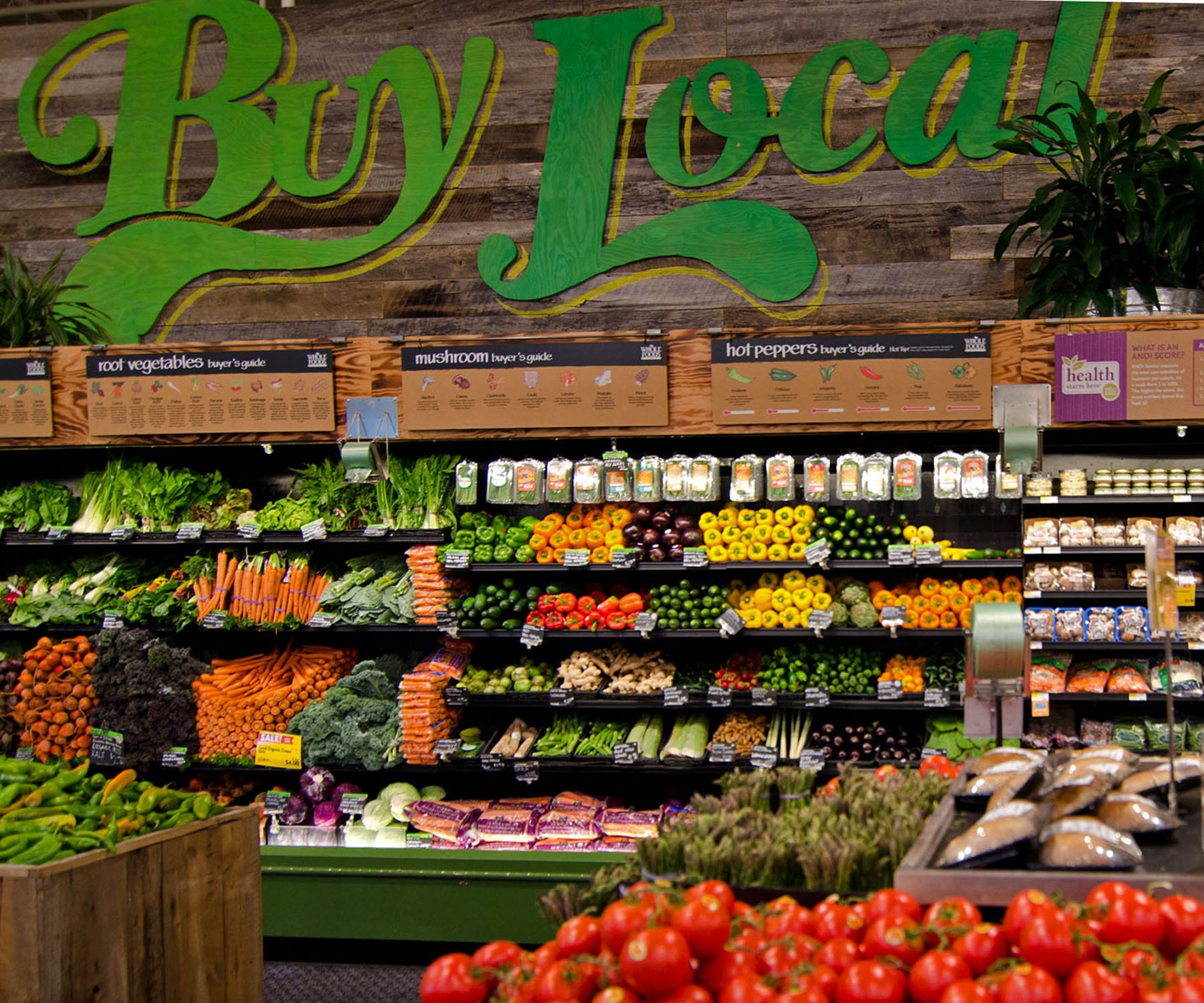Companies need to simplify the messaging around their sustainability efforts to reach consumers more effectively, said panelists at the 17th Annual Forbes CMO Summit on Thursday.
Whole Foods Market conducted a poll this year that found that while 75 percent of consumers want to shop responsibly, 65 percent said they don’t really know how to do so, said Sonya Gafsi Oblisk, chief marketing and communications officer at the natural foods retailer.
“They are really lost in this confusion of language, of technicality, of science and everything else,” she said at the session, called “Marketing Sustainable Brands for a Changing Climate.”
Whole Foods, which Oblisk said has sustainability “as a part of its DNA,” has recognized the need for more effective communications around sustainability for a long time, she said. In order to drive more customer awareness and engagement, the retailer tries to frame its messaging around the benefits of shopping sustainably.
“Engage customers in that manner, because you will end up engaging the broadest audience possible,” she said.
As an example, Oblisk cited the revamp this year of the company’s efforts around supporting farmers, communities, and the environment that had originally been dubbed the Whole Trade Guarantee. The program, which launched in 2007, had delivered more than $40 million back to communities since its inception, she said, but it had never gained much awareness or engagement among customers.
“There wasn’t a clear presence of our program in stores,” Oblisk said.
Whole Foods has since rebranded the initiative under the name “Sourced for Good,” which she described as “benefit-led … with a new visual identity that really pops at shelf.” The program includes new packaging and signage, both in-store and online, “so that it is front and center at the moment of truth, when customers are making their shopping choices,” she said.
In response to a question from the audience, Oblisk also said Whole Foods has taken steps to improve the sustainability of its marketing overall by reducing the use of paper signage and cutting back on in-store handouts and direct mail, among other efforts. It transitioned to using a type of waterproof paper for signage in produce departments, for example, rather than laminated paper, to cut down on plastic use, and has tested digital shelf signage.
“We look to ourselves both as the problem and the solution as we work toward our sustainability goals,” she said.
Jane Wakely, lead CMO at Mars Inc., said companies need to communicate their sustainability efforts with simple, direct messages, much like they seek to do with their marketing overall.
“I think we are a creative industry; we are storytellers, and the best storyteller is a reductionist,” she said. “You should be able to tell a story in five words. I think our challenge is to find a way to simplify the message.”
Wakely said the CPG industry would also benefit from a more standardized system of identifying sustainably sourced products, akin to nutritional labeling.
“As an industry, we collaborated, and we found a way of communicating what is in your food, so consumers could understand what they are eating,” she said. “We need to do the same on sustainability, because everyone is using different claims, and it is very difficult to navigate, even as a marketing professional. As a consumer, it’s impossible.”
Wakely also described an initiative that Mars’ Sheba cat food brand conducted to call attention to its sustainable sourcing. After investing years of research into seafood sustainability, the company launched the world’s largest reef restoration effort, the Sheba Hope Reef, off the coast of Indonesia. Built using coral fragments attached to a special steel structure, it forms a giant, growing reef that spells out the word “HOPE” that is visible from the sky on Google Maps.
“To get attention in this world, you’ve got to get noticed,” said Wakely. “[The reef] creates a magical engagement with consumers, that hopefully encourages people to do more, and learn more, and have a meaningful impact on coral reef restoration, for example.”
Mars sees the world’s environmental challenges as requiring a global, collaborative effort among companies, organizations, governments and consumers. As a company, Mars seeks to do what it deems its “fair share” in contributing to that effort, Wakely said.
“The problems are so immense, and we all have a role to play,” she said.
Related: Whole Foods CEO to Retire; Whole Foods Supports Responsible Sourcing.
Image: Whole Foods

